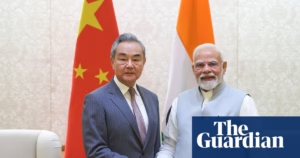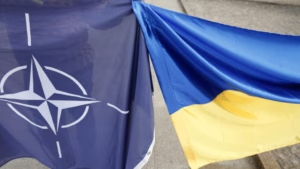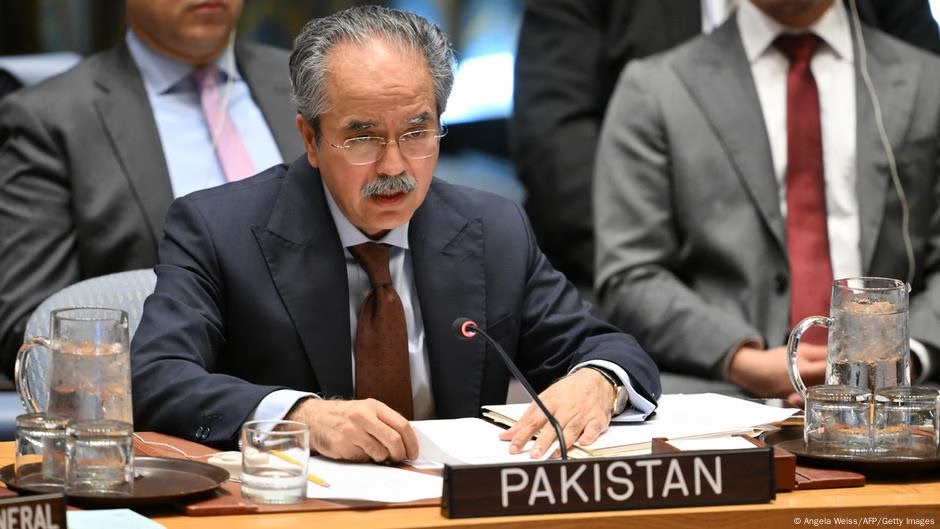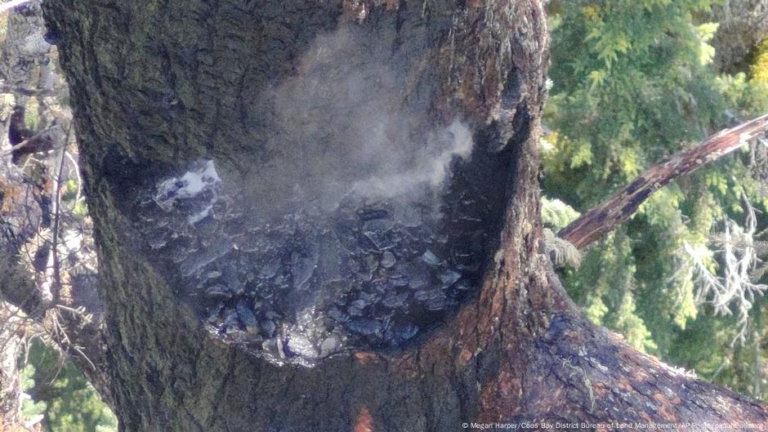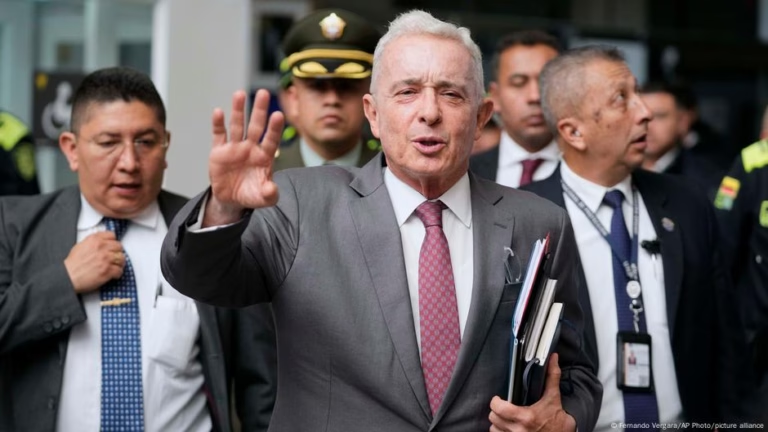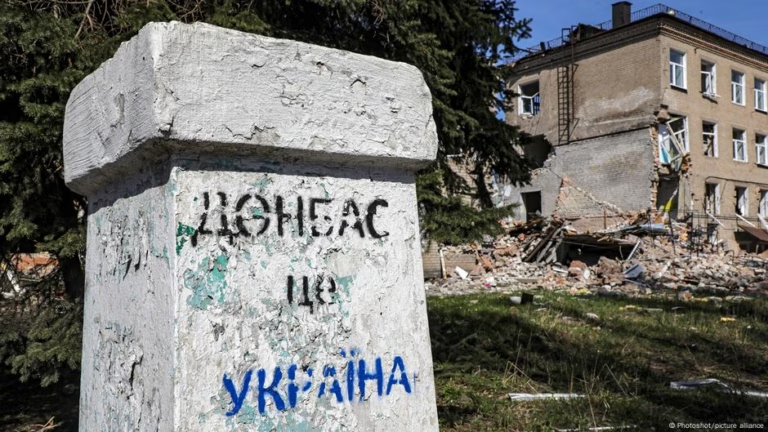Pakistan is set to take over the presidency of the United Nations Security Council for a month starting Tuesday. This marks Pakistan’s first presidency since 2013 and its eighth time serving on the Security Council as a non-permanent member. Pakistan began its two-year term as part of the 15-member body in January.
What implications arise from Pakistan’s Security Council presidency?
Although the rotating presidency holds mainly a symbolic role without executive power, it occurs amidst heightened geopolitical tensions. Pakistan’s Permanent Representative to the UN, Ambassador Asim Iftikhar Ahmad, stressed Islamabad’s commitment to peaceful conflict resolution. The country is assuming the presidency at a time of increased global instability, escalating conflicts, and threats to international peace and security.
What lies ahead for India and Pakistan in Kashmir?
Pakistan is expected to bring up the issue of its recent conflict with India over the disputed region of Kashmir following a deadly attack on tourists near Pahalgam. India is reportedly preparing a strategy to counter Islamabad’s presidency, with a focus on its economic strength, dedication to the UN’s Sustainable Development Goals, and the issue of cross-border terrorism. India accuses Pakistan of supporting the militants behind the Pahalgam attack, a charge denied by Islamabad. India has also suspended its participation in a crucial water-sharing treaty and downgraded its ties with Islamabad in response to the attack, in which mostly Hindu men were killed in Indian-administered Kashmir.
Edited by: Saim Dušan Inayatullah
Source: https://www.dw.com/en/pakistan-set-to-assume-presidency-of-un-security-council/a-73098848?maca=en-rss-en-all-1573-rdf


